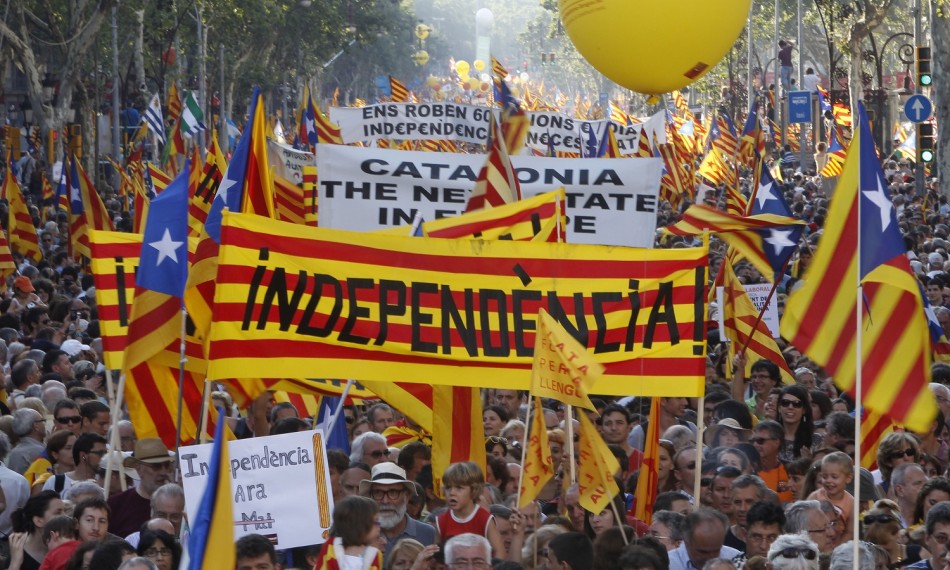Division in Spain
September 21, 2017 | Expert Insights

Political unrest and conflict between Catalonia and Spain have increased in the recent weeks.
There is a referendum in Catalonia scheduled to take place on October 1st, that will likely decide on whether the region will declare its freedom from Spain.
Background
Catalonia is one of the most industrialized regions in Spain. Barcelona is the region’s largest city as well as its capital. Even though it is part of Spain, the region has a distinct culture and history dating back to the Middle Ages. Many native Catalans think of themselves as separate from Spain. Catalonia will be the ninth largest economy if it leaves Spain.
The political movement for a separate state of Catalonia can be traced back to 1922. Francesc Macià, the 122nd President of Catalonia founded the independentist party Estat Català. In 1931, after winning the elections, Macia declared the independent state of Catalonia. After negotiations with Spain, he accepted autonomy rather than independence. However, during the Spanish Civil War, General Francisco Franco abolished that autonomy.
The regional parliament of Catalonia had approved an independence referendum, which is slated to be held on October 1st, 2017. However, a High Court in Spain has suspended the referendum. The government in Madrid has also vowed to block the referendum. Regional officials in Catalonia have noted that they will still try and hold the vote regardless of the court’s ruling.
Analysis
The Spanish government has revealed that it would do everything within its power to block the referendum from taking place. It has taken control of Catalonia's finances to prevent funds from being used in the referendum. This has been widely criticized by the independent government in Catalonia and has put the future of the salaries drawn by government workers in doubt.
Additionally, the country’s national paramilitary force, the Spanish Civil Guard, has conducted over 20 raids. These raids occurred in government offices in Barcelona and 14 officials, including the Catalan Vice President were detained. The Spanish court has also ruled that the October 1st vote would be declared illegal and the results will be considered null and void. It has also confiscated close to 10 million ballot papers to prevent voting.
Thousands of Catalans have since taken to the streets of Barcelona to protest the actions of the Spanish government. Mariano Rajoy, the Prime Minister of Spain, requested people to remain calm and de-escalate the situation. In televised statement he said, “Stop this escalation of radicalism and disobedience once and for all. Don’t go ahead. Go back to the law and democracy. This referendum is a chimera”
Meanwhile, Carles Puigdemont, the head of Catalonia’s pro-sovereignty government, has remained defiant against the Spanish government. He has compared the government’s current actions to the period when Spain was under the leadership of Francisco Franco. He Tweeted, “We will not accept a return to the darkest times. The government is in favor of liberty and democracy.”
Assessment
Our assessment is that regardless of the results in the ballot, there is going to be a deep rift between the main Spanish government and Catalonia moving forward. Pro secession Catalans have criticized the tactics adopted by the Spanish government and have labelled them illegal and oppressive. We feel that the Spanish government may resort to Article 155 of the constitution which will allow the central government to suspend Catalonia’s autonomy and take control to stop the vote.
Read more:








Comments